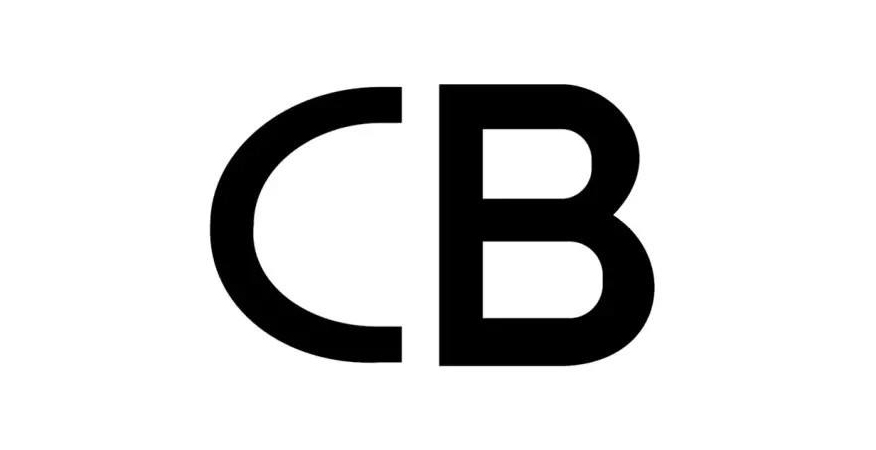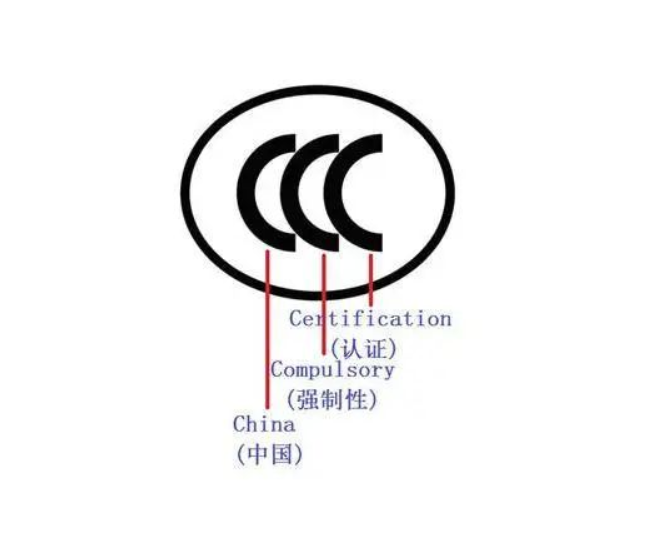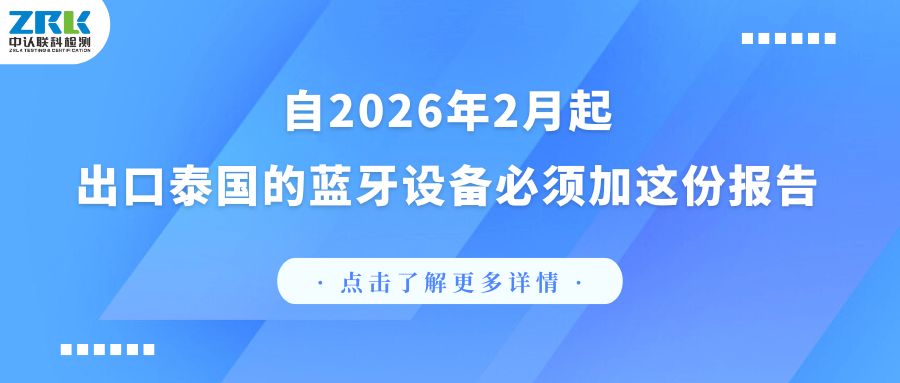According to the latest news, IATA DGR version 64 (2023) and ICAO version 2023~2024 have adjusted the air transport rules for all kinds of dangerous goods again, and the new rules will be implemented on January 1, 2023; (The current rules for the transport of dangerous goods by air (version 63) are valid from January 1, 2022 to December 31, 2022)
Interpretation of the revised contents of DGR 64 (2023)
◆ Change in requirements of button battery cell UN38.3 test summary
According to the newly revised 3.9.2.6.1, the requirement of providing test summary when the button type battery cell is installed in the equipment for shipment is cancelled.
◆ UN3171 Add special clause A154
A154: It is prohibited to transport lithium ion battery cells or batteries and lithium metal battery cells or batteries that are determined to have safety defects and may cause dangerous thermal runaway, fire or short circuit (for example, battery cells or batteries recalled by the manufacturer due to safety reasons or that cannot be determined to be defective before transportation)
◆ New requirements for PI 965 IB and PI 968 IB packages
The packaging instructions PI 965 IB and PI 968 IB were revised and the 3m stacking test requirements were added.
◆ New requirements for PI966 II, PI967 II, PI969 II and PI970 II packages
Article II is modified to specify that when the package is placed in Overpack, the package must be fixed in Overpack, and the expected function of each package shall not be damaged by Overpack, which is consistent with the general requirements of 5.0.1.5.
◆ Change of lithium battery operation label
Modify the lithium battery operation label and cancel the requirement of displaying the telephone number on the label. The transition period is before December 31, 2026, before which the existing lithium battery operation label can be used.

Stacking test requirements:
1. Number of test samples: 3 test samples for each design type and each manufacturer;
2. Test method: Apply a force on the top surface of the test sample, and the secondary force is equivalent to the total weight of the same number of packaging rooms that may be stacked on it during transportation. The minimum stacking height including test samples shall be 3m, and the test time shall be 24 hours;
3. Criteria for passing the test: the test sample shall not be leaked. For conforming or combined packaging, no contents shall be exposed from the inner container and inner packaging. The test sample shall not show any damage that may adversely affect transportation safety, or deformation that may reduce its strength or cause unstable stacking. The plastic packaging shall be cooled to ambient temperature prior to evaluation.
The information reflected in the stacking test report includes:
1. Report uniqueness identification;
2. Name, quantity, size and specification of test sample,;
3. Name of the entrusting party;
4. The name of the manufacturer of the package and the name of the manufacturer of the packaging container;
5. Standards used and names of test items;
6. Package information: size, material, lining information, number of built-in batteries, gross weight, load, and if necessary, photos of the package shall be attached;
7. Temperature and humidity during pretreatment, start and end time of test;
8. Description of test results and test conclusions;
9. Date of report issuance;
10. Signature of the tester, name and seal of the testing unit.
About UN38.3
UN38.3 refers to Article 38.3 of Part 3 of the Manual of Experiments and Standards specially formulated in the United Nations for the transport of dangerous goods. The safe transportation of lithium battery must be provided with a test report that meets the requirements of UN38.3 and a cargo transportation condition identification report that proves that it meets the new version of DGR and IMDG rules. Passing the UN38.3 test is a prerequisite for the safe transportation of lithium batteries. If necessary, the packaging of lithium batteries transported separately and with equipment also needs to pass the 1.2m drop test. The packaging can only be transported if it meets the regulatory requirements.
In order to effectively ensure the safety of battery air transportation and avoid unsafe incidents, during the collection and transportation of each type of battery at each airport, the battery shall be proved to comply with Clause 38.3 (i.e. UN38.3) in Part 3 of the Manual of Tests and Standards. The battery cannot be collected and transported without a UN38.3 compliance report.
UN38.3 Scope of certified products
1. Various small secondary batteries (such as notebook computer batteries, digital camera batteries, camera batteries, various cylindrical batteries, wireless communication batteries, portable DVD batteries, CD and MP3 player lithium batteries, etc.);
2. Various mobile phone batteries (such as lithium ion batteries, lithium polymer batteries, etc.);
3. Various power secondary batteries (such as batteries for power vehicles, batteries for electric road vehicles, batteries for electric tools, batteries for hybrid vehicles, etc.);
UN38.3 Materials to be prepared for certification application
1. Fill in the application form (fill in the battery information)
2. Battery Specification
3. Test samples (the model, voltage, capacity and watt hour value on the sample nameplate must be consistent with the battery during shipment)
If a cargo transportation condition identification report (air/sea) is required, the following information shall also be provided:
(1) Power of attorney, transportation statement and other relevant materials
(2) Picture of package (picture of outer package, picture of outer package opening, picture of inner package)
UN38.3 Number of samples for certification application
Single cell battery: 18pcs+30pcs
Multi cell battery: 16pcs+30pcs
Single cell: 40pcs
Air and sea transportation appraisal certificate
The air and sea transportation appraisal certificate is a necessary document for lithium battery or lithium battery containing goods to be shipped by air or sea. Its purpose is to ensure the safety of the transportation of batteries or products with batteries. The air and sea transportation certificate is updated annually according to the transportation rules updated every year. Its important feature is "annual effectiveness".
The annual validity means that the certificate issued by you in 2022 can only be used until December 31, 2022 (that is, no matter whether you are in January, May, September or November, as long as you apply before December 31, you need to re apply for the "Air and Sea Transportation Authentication Certificate" after December 31). That is to say, from January 1, 2023, the latest version of air and sea transportation appraisal certificate must be used for shipment.
Materials required for applying for air and sea transportation appraisal certificate
UN38.3 test report+UN38.3 test summary+MSDS+1.2M drop test report.
Period of applying for air and sea transportation appraisal certificate
MSDS re detection cycle: 3-5 working days
Period for reapplication of air and sea transportation appraisal certificate: 10-12 working days
Special instructions:
1. The acceptance date of the application materials for the appraisal certificate in 2023 starts from December 1, 2022;
2. The original identification report in 2023 is expected to be issued from January 4, 2023.
3. For the newly added 3m stacking test, additional test cost shall be considered. (Note: The number of samples is 3 boxes, and the test time for each box is 24 hours.)
In addition, other transportation regulations for lithium batteries are as follows:
1. The maritime transport appraisal certificate is based on IMDG (Amdt. 40-20) (version 2020)
2. The land transport appraisal certificate is based on ADR (version 2023)
3. The railway transportation appraisal certificate is based on RID (version 2021)
Tips
The preparation for the update of the air and sea transportation appraisal certificate and MSDS report in 2023 has started. In order to avoid the peak period, please prepare for the annual update of the air and sea transportation appraisal certificate in 2023 in advance, so as not to affect the normal shipment! Our company has many years of testing and identification experience in the field of lithium battery transportation, and has the full testing capability of IATA DGR 64 (2023) new regulations. If you want to know more about the requirements for updating the air and sea transportation identification certificate and MSDS report, or if you need to update the air and sea transportation identification certificate and MSDS report for products, please feel free to contact us, and our engineers will serve you at the first time!












